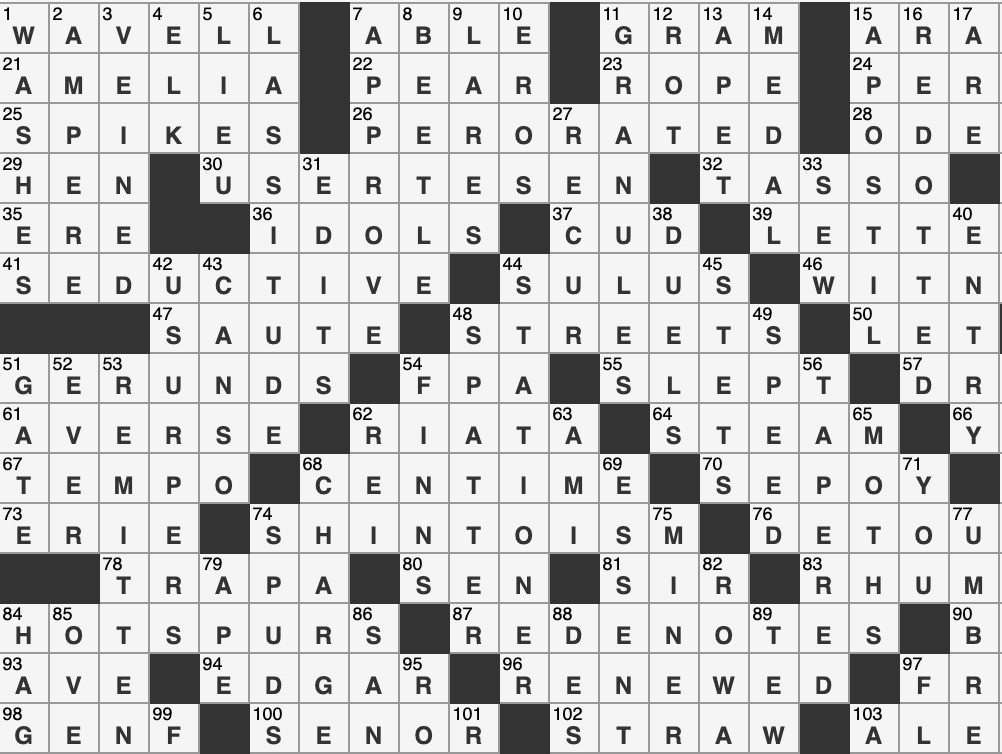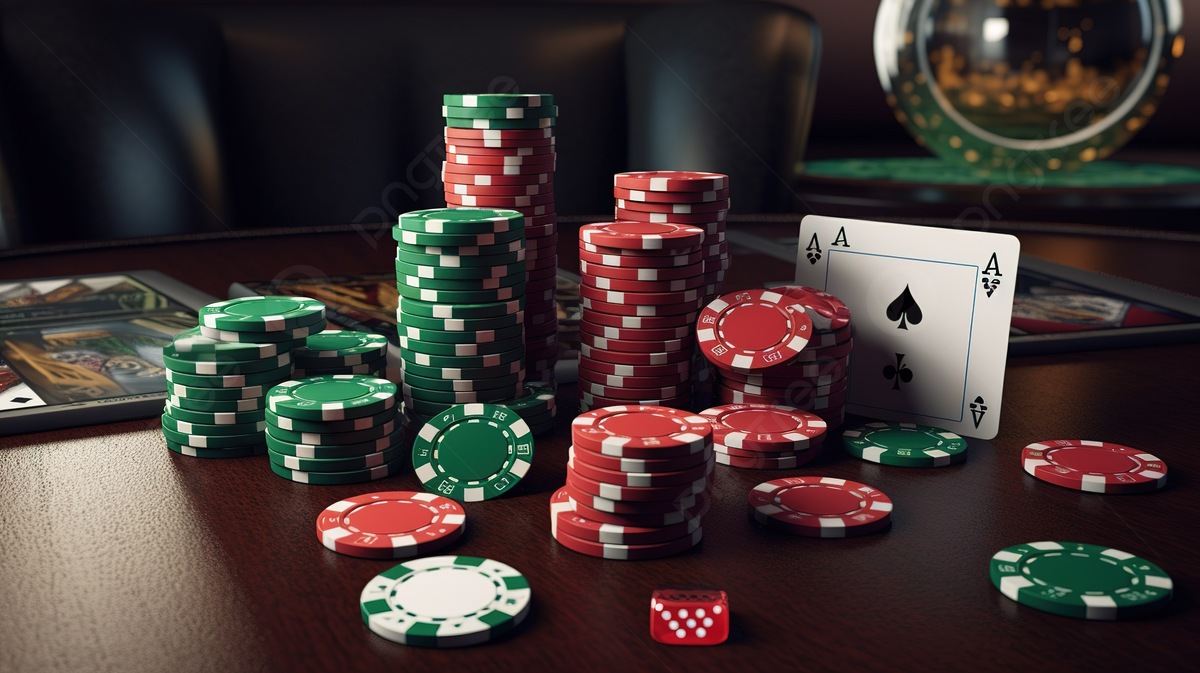In the realm of word games, the New York Times (NYT) crossword stands tall as an iconic challenge that tests not only our linguistic prowess but also our mental endurance. One particular aspect that often surfaces in the crossword-solving community is the feeling of being utterly exhausted while tackling the NYT crossword puzzles. In this article, we will delve into the intricacies of the utterly exhausted NYT crossword experience, exploring its unique features, the strategies to conquer it, and the fascinating world of crossword puzzles.
Understanding the NYT Crossword
The New York Times crossword, commonly referred to as the NYT crossword, is a renowned American-style crossword puzzle published daily in The New York Times and online. The crossword puzzle features a grid of black and white squares, with clues provided for each word or phrase to be filled in. The puzzles are known for their challenging nature, diverse vocabulary, and clever wordplay.American-style crossword grids typically exhibit rotational symmetry, meaning the grid can be rotated 180 degrees and still appear the same.
Thematic Crosswords and the Mind Workout
One of the reasons behind the exhaustion experienced by crossword solvers lies in the thematic complexity of the puzzles. Thematic crosswords go beyond the conventional word and phrase clues, introducing a layer of complexity by weaving a theme throughout the grid. This thematic element adds a new dimension to the solving experience, requiring solvers to decipher subtle connections between clues and entries.
Different Shapes Different Challenges
While American-style crosswords maintain a common square or rectangular grid, thematic crosswords can take on various shapes, enhancing the challenge for solvers. The NYT crossword clue may appear in a pattern that deviates from the traditional grid, leading solvers to think outside the box – quite literally. This departure from the norm challenges the solver’s ability to adapt and solve puzzles of varying structures.
Strategies for Tackling Utterly Exhausted NYT Crosswords
- Vocabulary Growth:
- Crossword puzzles are an excellent way to expand one’s vocabulary. The NYT crossword, in particular, features words that span a wide range of topics and domains. Embracing the challenge of solving the puzzles contributes to continuous vocabulary growth.
- Mind Exercise:
- The mental fatigue experienced during and after solving a challenging crossword puzzle is akin to a workout for the brain. Engaging in such puzzles regularly can be a form of cognitive exercise, enhancing memory, concentration, and problem-solving skills.
- Understanding Wordplay:
- Successful crossword solving requires a keen understanding of wordplay. The clues in the NYT crossword are often crafted with clever double meanings, anagrams, and other linguistic twists. Developing the ability to decipher such wordplay is crucial for conquering challenging puzzles.
- Compulsion to Solve:
- The compulsion to solve a crossword puzzle, especially one from the NYT, stems from a desire for accomplishment. The satisfaction derived from completing a challenging puzzle can be a powerful motivator, driving individuals to persevere through mental exhaustion.
- Simple Guidelines for Solvers:
- For those venturing into the world of NYT crosswords, some simple guidelines can serve as a compass. Start with the easier puzzles and gradually progress to more challenging ones. Break down the grid into manageable sections and tackle each one systematically.
- Utilizing Empty Spaces:
- Empty spaces in the crossword grid are opportunities waiting to be filled. Strategic thinking involves considering potential entries for these spaces based on intersecting clues. This approach helps solvers make progress even when faced with seemingly daunting puzzles.
Advantages and Benefits of Crossword Solving
- Vocabulary Growth and Knowledge Enrichment:
- Crossword puzzles, especially those from reputable sources like the NYT, expose solvers to a diverse range of words and topics. This continual learning contributes to knowledge enrichment and a broader understanding of various subjects.
- Enhanced Cognitive Skills:
- The mental engagement required to solve crossword puzzles stimulates cognitive functions. Memory, attention to detail, and problem-solving skills are sharpened through regular participation in these word games.
- Relaxation and Stress Relief:
- Despite the challenges they present, crossword puzzles can also be a source of relaxation and stress relief. The focused attention required to solve a puzzle often provides a temporary escape from daily stressors, allowing individuals to immerse themselves in the joy of wordplay.
Conclusion
The journey through the world of the utterly exhausted NYT crossword is not merely a test of linguistic acumen but a mental expedition that brings numerous benefits. From vocabulary growth and cognitive enhancement to the thrill of deciphering complex clues, crossword puzzles offer a unique form of mental exercise. Embracing the challenges posed by the NYT crossword can be a rewarding experience, leading to a sense of accomplishment and the joy of conquering linguistic and mental hurdles. So, the next time you find yourself utterly exhausted by a crossword puzzle, remember that you are not just solving words – you are expanding your mind.



